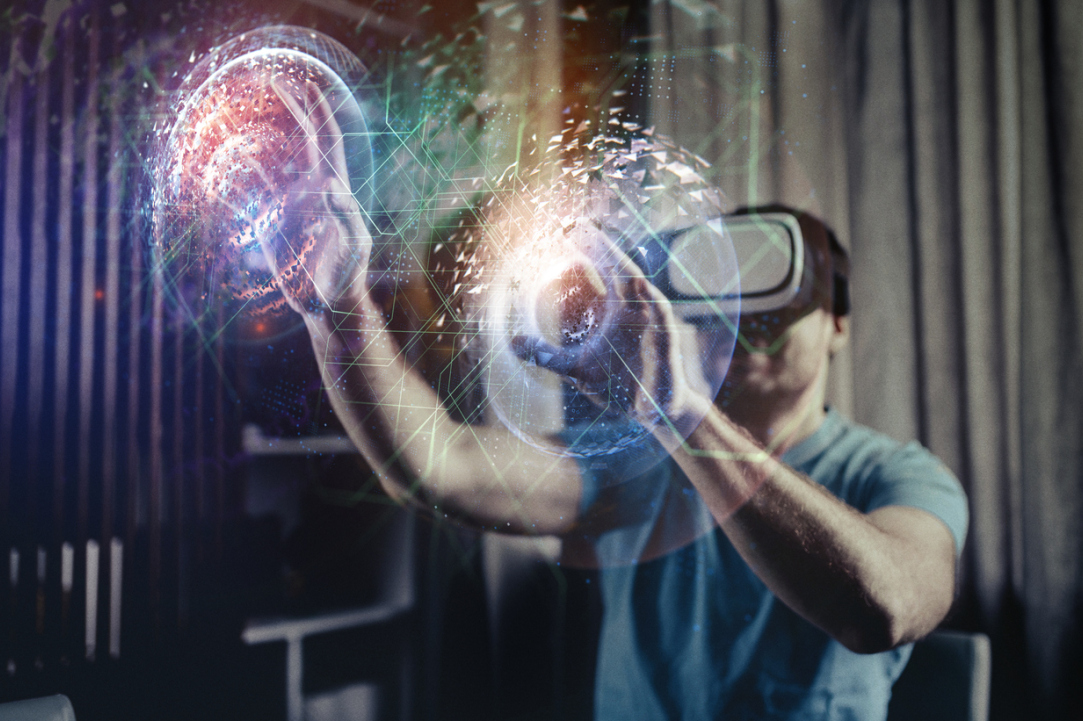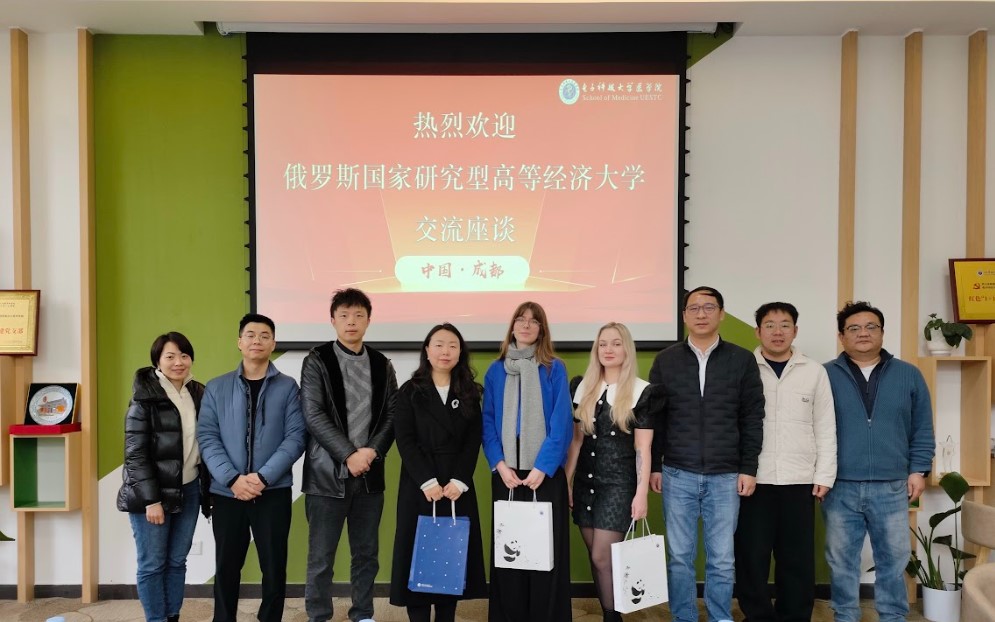
Scientists Present New Solution to Imbalanced Learning Problem
Specialists at the HSE Faculty of Computer Science and Sber AI Lab have developed a geometric oversampling technique known as Simplicial SMOTE. Tests on various datasets have shown that it significantly improves classification performance. This technique is particularly valuable in scenarios where rare cases are crucial, such as fraud detection or the diagnosis of rare diseases. The study's results are available on ArXiv.org, an open-access archive, and will be presented at the International Conference on Knowledge Discovery and Data Mining (KDD) in summer 2025 in Toronto, Canada.

HSE to Launch Master’s Programme in Digital Engineering and Video Game Development
The HSE Tikhonov Moscow Institute of Electronics and Mathematics (HSE MIEM) is introducing a new online master’s programme: ‘Digital Engineering for Computer Games.’ This educational initiative aims to train specialists in video game creation, interactive applications, and simulation software. Students will explore game development technologies, game engines, artificial intelligence, advanced programming methods, and the design of complex systems.

‘Looking for Talents’: HSE University Holds Entry Competitions in Three Chinese Cities
In early March, representatives of HSE University-St Petersburg organised a series of entry competitions for applicants from China. The exams were held in three cities—Beijing, Nanjing and Chengdu—at the Russian Cultural Centre (RCC) in Beijing and leading Chinese universities.

Hi-Tech Grief: HSE Researchers Explore the Pros and Cons of Digital Commemoration
Researchers at HSE University in Nizhny Novgorod have explored how technological advancements are transforming the ways in which people preserve the memory of the deceased and significant events. Digital technologies enable the creation of virtual memorials, the preservation of personal stories and belongings of the deceased, interaction with their digital footprint, and even the development of interactive avatars based on their online activity. However, these technologies not only evoke nostalgia and provide a sense of relief but can also heighten anxiety and fear, and delay the process of accepting loss. The study has been published in Chelovek (The Human Being).


Application deadline: June 23, 2025